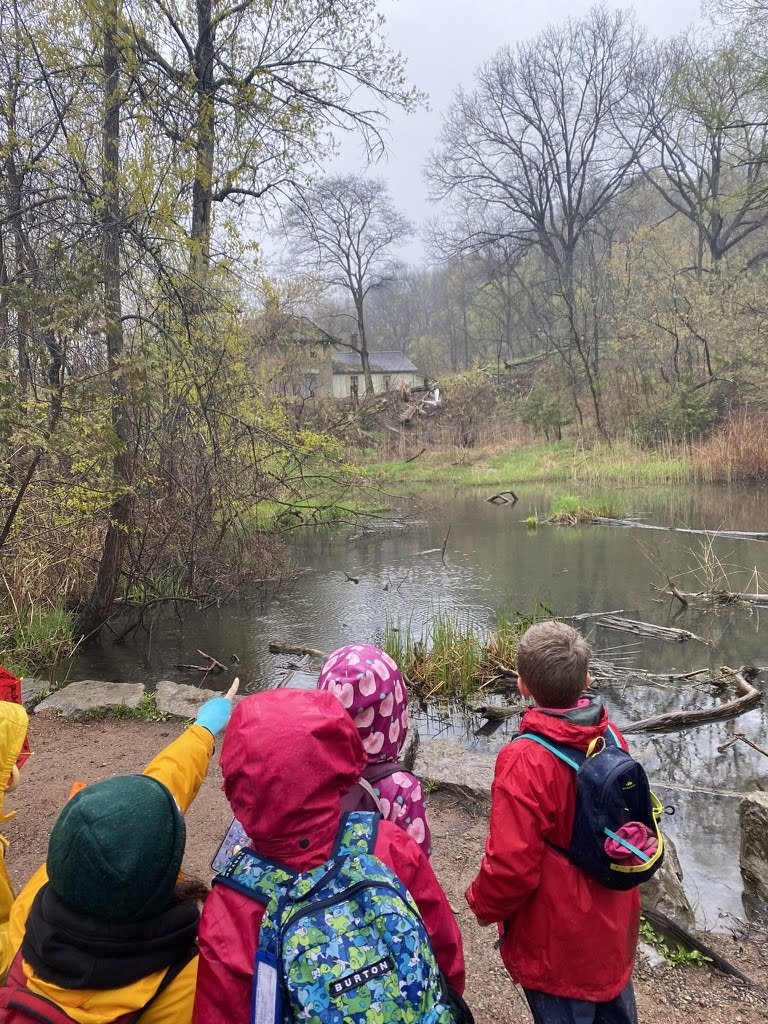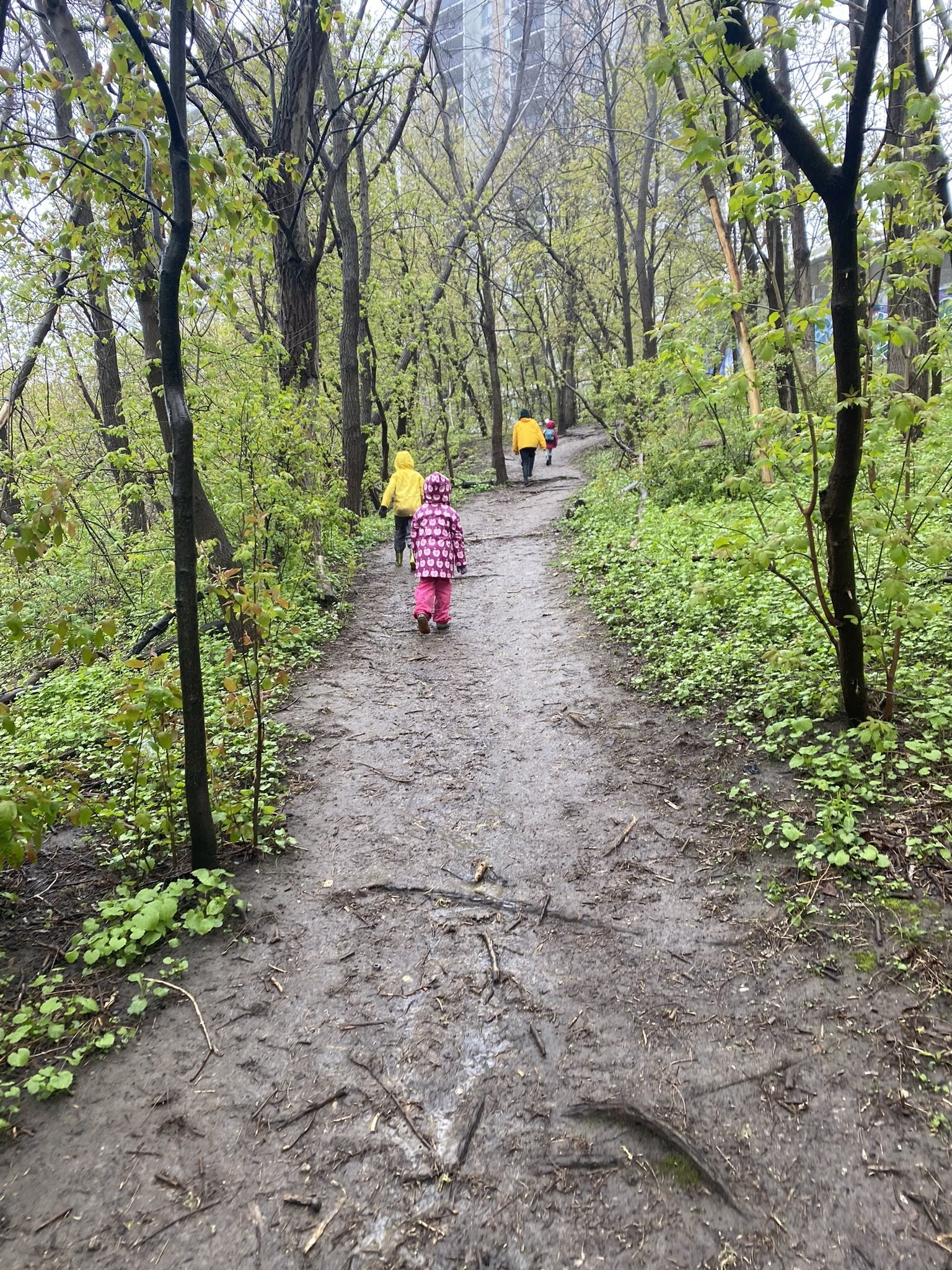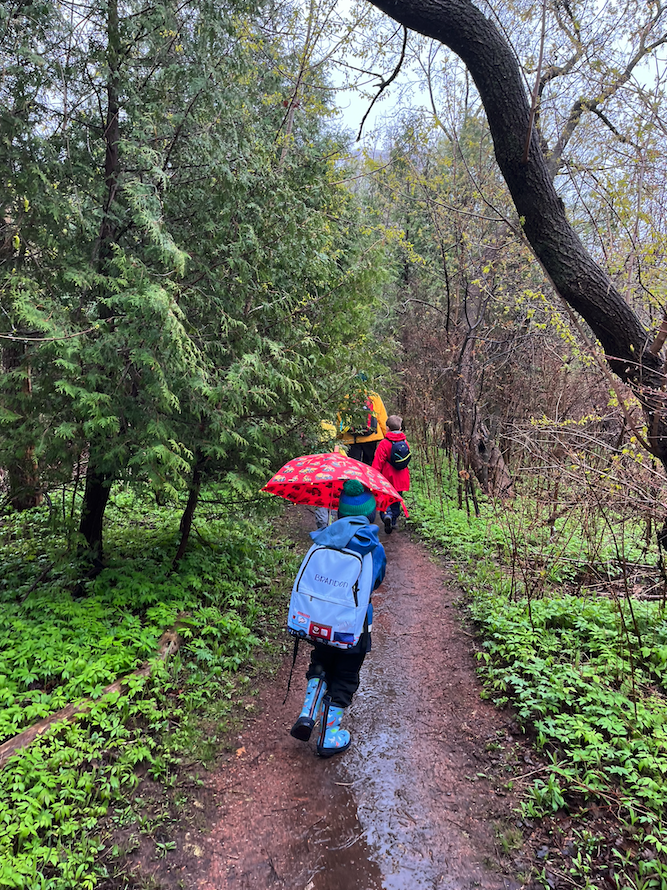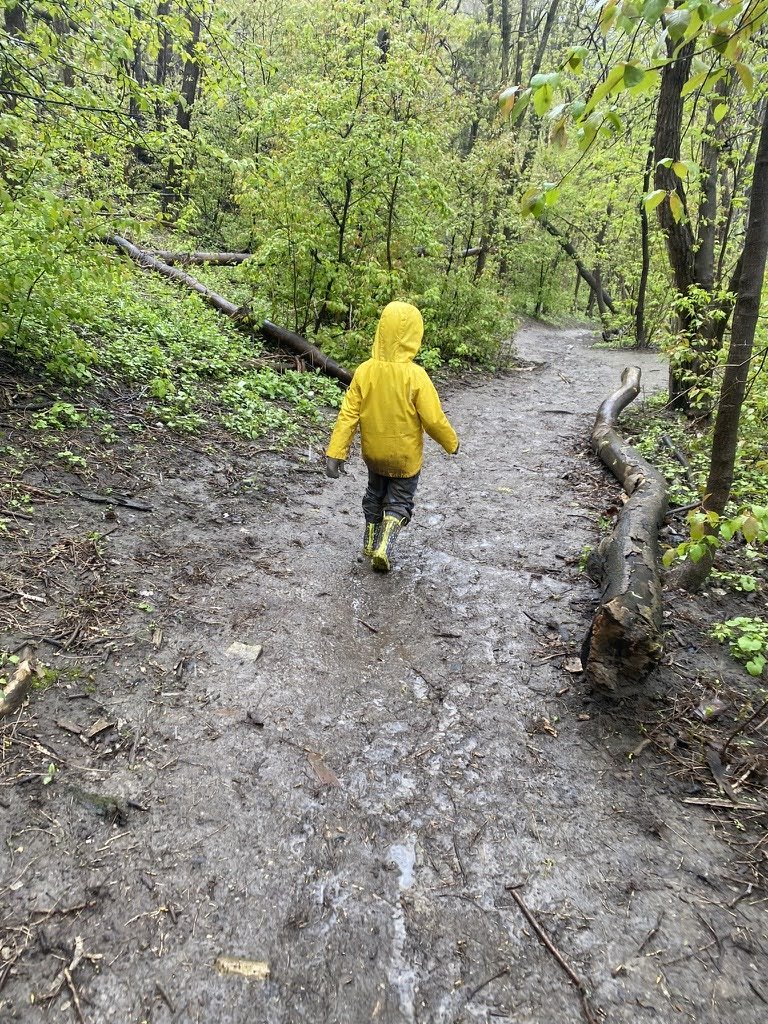Mental Health and the Outdoors




For many, the month of May symbolizes revitalization as the new flowers bloom and the grass becomes green again. After a month of rain, May eventually brings more sunshine and warmth to our doorsteps and coaxes us to venture outdoors. This often leads to a change in mood as we break through the winter blues and become excited for what spring and summer have to offer. The first week of May is a reminder of this since May 1-7 marks Mental Health Week and wraps up on the 7th with National Child and Youth Mental Health Day. So, wherever you or your loved ones are in your mental health journeys, let’s explore some of the ways that incorporating nature into your routine can help kickstart your mental wellbeing this spring.
Time spent in nature is such an important part of life for growing bodies and minds. For kids, May marks the second last month of the school year, just before summer break begins. With all this extra free time, it is the perfect opportunity to get outside and enjoy the outdoors. Research shows that being in nature has many positive impacts on mental health for children including reduced stress and anger (Sobko et al., 2020), fewer emotional difficulties (Sobko et al., 2018), reduced hyperactivity for children with ADHD (Sobko et al., 2018), improved self-concept (Mann et al., 2022), and increased wellbeing (Puhakka et al., 2019). At Larchwood OT, we often see mental health challenges in children present as anxiety, fear of situations or being themselves, perfectionism, and people pleasing. If any of these resonate with you, here are some ideas for encouraging your child (and yourself!) to get their fill of time spent outdoors in the coming weeks and months:
Go on a family hike – This has been shown to foster a here-and-now presence for families that can strengthen their relationship (Baklien et al., 2016)
Play in parks and natural areas – This gives kids the opportunity to develop new skills and resiliency when they come across unexpected situations that they wouldn’t otherwise experience in school or indoors (Mainella et al., 2011)
Create a biodiverse backyard or patio – This provides your child with a multi-sensory environment that will spark creative play and diversify the activities they engage in (Puhakka et al., 2019). Encouraging them to take care of this space by giving them roles or responsibilities like watering plants regularly will build their sense of connection with nature and their autonomy!
Sign up for a summer nature camp – If you’re looking for more structured time outdoors, check out Davis OT’s Larchwood Farm Nature Camp in Markdale, Ontario! Registration is open for Summer 2023 and each day is packed full of nature-based learning activities. Or, if you’re a Toronto local, check out our Handwriting in Nature mini-camp which runs from August 21-23 from 9am-11am in Riverdale Park East.
Most importantly, this week is a reminder that mental health ebbs and flows and that it’s okay if you or your child haven’t been feeling all that great. If you’re interested in exploring mental health resources, from local mental health support to tips for coping with stress to virtual mental health programs and apps, check out the city of Toronto’s webpage: https://www.toronto.ca/community-people/health-wellness-care/health-programs-advice/mental-health-resources/. Please remember, if you or someone you care for is experiencing a mental health emergency or medical crisis, call 911.
